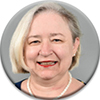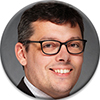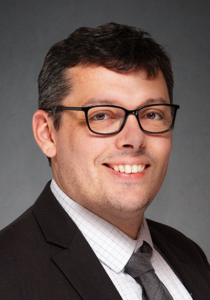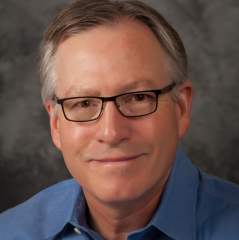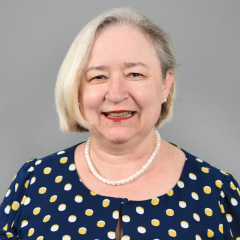
This workshop is a fast-paced, one-day program led by Prof. Dragica Vasileska and Prof. Stephen M. Goodnick. Spend the morning grounding yourself in semiconductor physics and transport, then transition in the afternoon to instructor-led, hands-on Silvaco TCAD labs (e.g., MOS Capacitors, MOSFETs, SOI Devices, FinFETs).
The workshop is offered in a hybrid format. Participants have the option to join either in person at ASU or virtually via Zoom.
REGISTRATION NOW CLOSED
Attendees will learn to use Silvaco TCAD effectively and know how to select the appropriate physical models and material parameters for their devices. Whether you are an industry professional or student, you will leave with a practical grasp of semiconductor physics and the skills to use Silvaco TCAD effectively and efficiently. Complimentary lunch will be served, followed by a Silvaco overview and Digital Twin session from Silvaco’s VP of Worldwide Field Applications Engineering, Garrett Schlenvogt.
If you have any questions or would like more information please contact us here:


